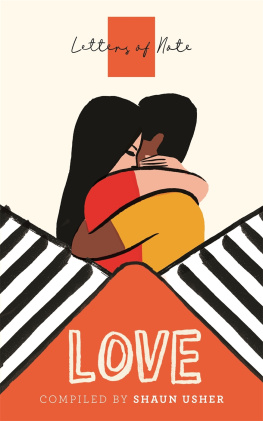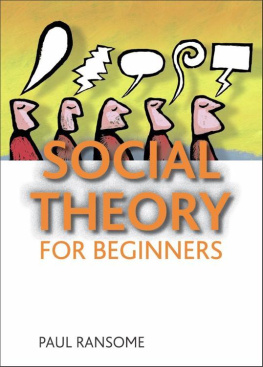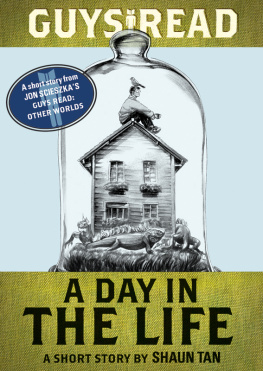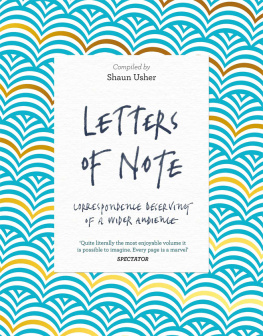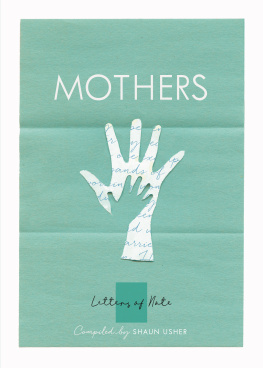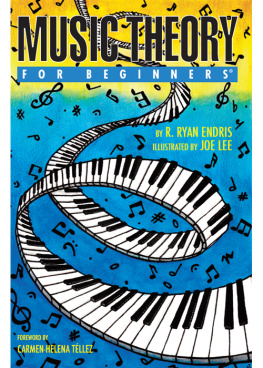Shaun Best 2003
First published 2003
All rights reserved. No part of this publication may be reproduced, stored in a retrieval system, transmitted or utilized in any form or by any means, electronic, mechanical, photocopying, recording or otherwise, without permission in writing from the Publishers.
 | SAGE Publications Ltd
6 Bonhill Street
London EC2A 4PU SAGE Publications Inc
2455 Teller Road
Thousand Oaks, California 91320 SAGE Publications India Pvt Ltd
32, M-Block Market
Greater Kailash I
New Delhi 110 048 |
British Library Cataloguing in Publication data
A catalogue record for this book is available from the British Library
ISBN 0 7619 6532 7
ISBN 0 7619 6533 5 (pbk)
Library of Congress control number available
Typeset by Mayhew Typesetting, Rhayader, Powys
Printed and bound in Great Britain by TJ International Ltd,
Padstow, Cornwall
M any people will look at this book because they need to have a knowledge of social theory so they can successfully complete assignments or attempt exams. I hope to change the perception that many such readers have of social theories as mere obstacles that they have to overcome in an effort to get better marks. I want this book to assist the reader in finding their theoretical consciousness. We are theoretical beings: we theorise about everything most of the time. Very often because the assumptions we make about the world are so closely tied to the events that surround us and our role within such events, we tend not to view this activity as theorising; but it is.
Activity
This is the first of many activities in the book. The purpose of each activity is to give you an opportunity to reflect upon the theory under discussion. You may be asked to draw upon your personal experience to find examples that support or refute some aspect of a theory, or perhaps to consider strengths and weaknesses of a given theory in an effort to enhance your evaluative skills.
Ask yourself the following questions: What is a theory? Are theories ever of any value in helping you to understand your everyday life? Share your answers with fellow students.
You might want to return to this activity at the end of the chapter and again at the end of the book and reflect upon any change in your answers.
As individuals we seem to be unable to experience the world directly; our experience of what goes on around us is mediated by theory. Most of us do not regard our personal explanations of how and why things happen to us as theory, but it is. Whenever we have cause to reflect on how or why things happen in the way that they do, we are theorising. Most of us do not write down our reflections on how and why things happen as they do around us. However, many people do write down such reflections, and this book is a beginners guide to such writing.
At some time or another every teacher, whilst outlining their favourite social theory, will have been faced by students who, with a glazed look on their face have said, Its boring, its boring, this. As a teacher how do you react? One approach is to justify the choice of theory by referring to future assignments or exams where the theory can be used to good effect. In essence, this approach is one of agreeing with the students. In effect you are saying: I know this is a boring theory, I find it boring myself, and what is more I found it boring when I came across it as a student, but we have to do it because you may fail without a knowledge of it.
An alternative approach is to attempt to identify why some people find some theories boring. This book is built upon the assumption that we find only tedium in some theories and turn off from them because they have little to say about the things that are relevant to our everyday lives. Everybody has a theory that fascinates him or her. Reflect for one moment on your favourite social theory and why you like it. People are thinking beings and our thought is related to society, politics, economics and history although this may not be expressed in terms of the universal categories or formal structures that one finds in textbooks. We theorise about our relationships at work, our personal relationships, the soaps we watch, the sports we enjoy, and the future. We constantly reproduce the world inside our heads and play out imaginary situations over and over again, introducing various factors in an effort to explore possible consequences. Such predictions are built upon theoretical assumptions that we make about the world and how it works. The vast majority of people make use of this theorising to manage practical situations that they find themselves in and then discard the theory, or adapt it for future guidance. A tiny minority of us write down our theories and publish them for other peoples consumption. As individuals we can make use of published theories to make sense of our lives, and I am sure that many readers already do this. The application of labels to people, for example, provides ample evidence of people drawing upon a theoretical consciousness in an effort to make sense of the world. Some examples are obvious: people who describe others as sexist draw upon notions of patriarchy. Other examples are less obvious; when an adult asks a child, What do you want to do when you grow up? is the adult drawing upon Alfred Schutzs notion of the life project?
Activity
In this activity you are asked to suggest a possible explanation as to why some people choose to stay in their homes on Friday evening and watch gardening programmes, while other people go out drinking and clubbing for the evening.
Once you have thought of a possible explanation ask a fellow student to suggest assumptions that you are making about the people involved in these activities. You might consider if older people are more likely to be involved in one activity rather than another; are people without gardens more likely to be involved in one activity rather than another; are affluent people more likely to be involved in one activity rather than another?
What is the purpose of this activity? To show you that you are a theorist who makes assumptions about the world, which are always open to question.
Whenever you read a theory ask yourself, what does this theory say about me and how I choose to lead my life? Attempt to identify what it is about the theory that makes it inadequate as an explanation of your life. What assumptions does the theory make about the circumstances you find yourself in? What assumptions does the theory make about how people interact with others, about intersubjectivity? What assumptions does the theory make about the abilities you have or may not have as a person? Do forces outside your control push you about or do you have complete control? Perhaps like the character Neo in the film Matrix, all you need to keep in mind is that there is no spoon! If you attempt to identify the assumptions upon which theories are built and apply these assumptions to your own experiences, evaluating the adequacy of the theory to your experience of the world, then you are well on the way to evaluating social theory. The starting point for a thorough evaluation of any social theory has to be our own personal knowledge.




